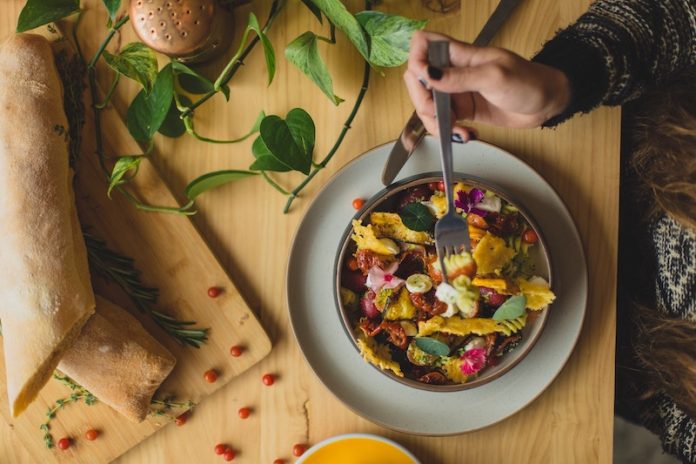
Strokes are often thought of as a sudden, unexpected event, but the reality is that they are closely linked to our lifestyle choices, particularly our diet.
Numerous studies suggest that maintaining a balanced diet could play a significant role in preventing strokes.
This article breaks down what stroke is, how a balanced diet can help prevent it, and which foods are particularly helpful.
Understanding Stroke
A stroke occurs when the blood supply to part of your brain is interrupted or reduced, preventing brain tissue from getting the oxygen and nutrients it needs.
This can lead to lasting damage, disability, or even death. Stroke is a serious health concern worldwide, making prevention strategies, including dietary interventions, crucial.
The Science Behind a Balanced Diet and Stroke Prevention
Research suggests that a balanced diet can significantly reduce the risk of stroke. But what does the science say?
Study Evidence
One such study, published in the British Medical Journal, tracked the health and dietary habits of over 418,000 men and women in nine European countries over 12 years.
It found that those who ate more fruits and vegetables, whole grains, fish, and dairy – hallmarks of a balanced diet – had a lower risk of stroke.
Another study, published in the American Heart Association’s journal Stroke, followed more than 74,000 women aged 30 to 55 for over a decade.
The researchers found that those with a diet rich in fruits, vegetables, fish, and whole grains were less likely to experience a stroke than those who favored a diet high in meats and processed foods.
So, What Makes a Diet ‘Balanced’?
A balanced diet is one that gives your body the nutrients it needs to function correctly. This type of diet is rich in fruits, vegetables, whole grains, lean proteins, and healthy fats.
It’s also low in processed foods, sugary drinks, and high levels of salt, which are all linked to increased stroke risk.
The All-Star Stroke-Preventing Foods
While a general healthy diet is critical, some foods are particularly beneficial in preventing stroke:
- Fruits and Vegetables: These are packed with vitamins, minerals, and dietary fiber. They also contain antioxidants that can help prevent stroke by protecting your cells from damage.
- Whole Grains: Foods like whole grain bread, brown rice, and oats can reduce stroke risk thanks to their high fiber content.
- Fish: Especially fatty fish, like salmon and mackerel, are high in omega-3 fatty acids, which have been linked to a lower risk of stroke.
- Nuts and Seeds: These are a good source of healthy fats, fiber, and antioxidants, all of which can help protect against stroke.
- Legumes: Foods like beans, peas, and lentils are high in protein and fiber and low in fat. They can help reduce stroke risk by improving heart health and lowering blood pressure.
In Conclusion: Your Diet, Your Shield
Armed with this information, it’s clear that maintaining a balanced diet is a powerful way to help prevent stroke.
By incorporating more fruits, vegetables, whole grains, lean proteins, and healthy fats into your diet, you can reduce your risk and enjoy a host of other health benefits.
It’s not just about adding in the good stuff, though – cutting back on processed foods, sugary drinks, and high-salt foods is equally important.
Remember, everyone’s nutritional needs are different, so it’s essential to speak to a healthcare professional or a dietitian to personalize your dietary approach.
Through mindful eating and lifestyle changes, we can each make strides in stroke prevention.
Follow us on Twitter for more articles about this topic.
Copyright © 2023 Scientific Diet. All rights reserved.





